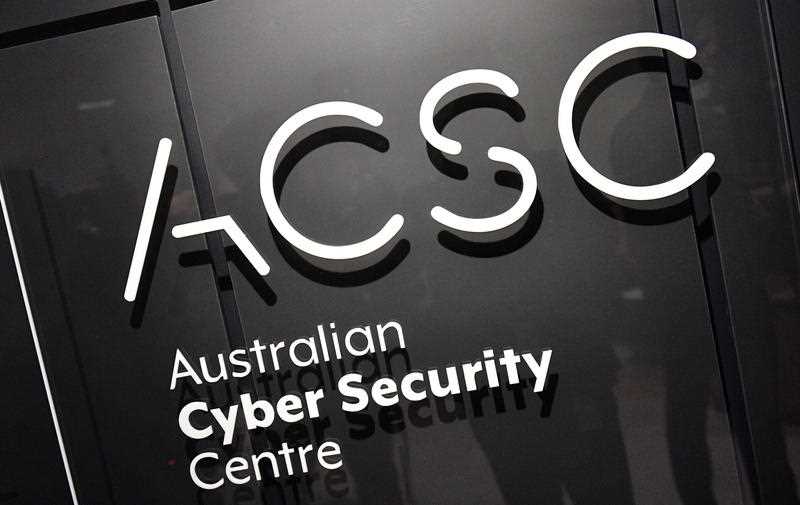A wave of brazen attacks has turned cyber risk into a barbecue stopper.
Federal parliament’s intelligence and security committee is considering tougher cyber laws that could give enforcement and intelligence agencies greater powers to reach into private firms.
Former US cyber chief Chris Krebs said it was important the public recognise the online threat after decades of subtle and covert intelligence action.
Ransomware operator REvil, which is behind the latest mass attack, has infiltrated more than 300 businesses in Australia after hitting meat processor JBS Foods.
“When we have these brazen acts, it finally brings it home here in the US but also in Australia,” Mr Krebs told the committee on Friday.
“When your hamburgers and hotdogs have been taken off the shelves that makes it really resonate.”
The Russian-linked cyber criminals are demanding a record ransom of $94 million to “unlock” more than 1000 victims in Australia and overseas.
Mr Krebs also warned Australia’s critical infrastructure was at risk from Russia, China, Iran and North Korea.
Representatives from companies ranging from Ramsay Healthcare to Optus said they had a good relationship with federal cyber experts under the existing legal regime, where much information is shared informally.
Confusion remains about how the proposed laws would work in practice as regulations are yet to be written and definitions are broad.
Universities don’t want whole campuses defined as critical infrastructure, as cafeterias don’t need the same protection as supercomputers.
Australian Food and Grocery Council spokesman Geoffrey Annison said his industry was resilient, as proven during lockdowns, when it met unprecedented demand for toilet paper during the pandemic.
But systems supporting supply chains were at risk, as seen during the 2018 storms that knocked out power in South Australia and shut down supermarket check-outs.
Maritime Union national secretary Paddy Crumlin voiced concern shipping lanes and vessels full of oil and gas or fertiliser were not included as critical infrastructure in the proposed legislation.
“Much of the shipping is controlled by China, because they’re our major trading partner,” he said.
Gary Smith from Optus was worried there had been “radio silence” on the space sector.
Cyber security expert Rachel Falk said some companies were switched on to the threat, but warned those running old systems were vulnerable, particularly to ransomware.
She said adversaries could sit and wait for a long time before flicking the switch.
By Marion Rae in Canberra; AAP



